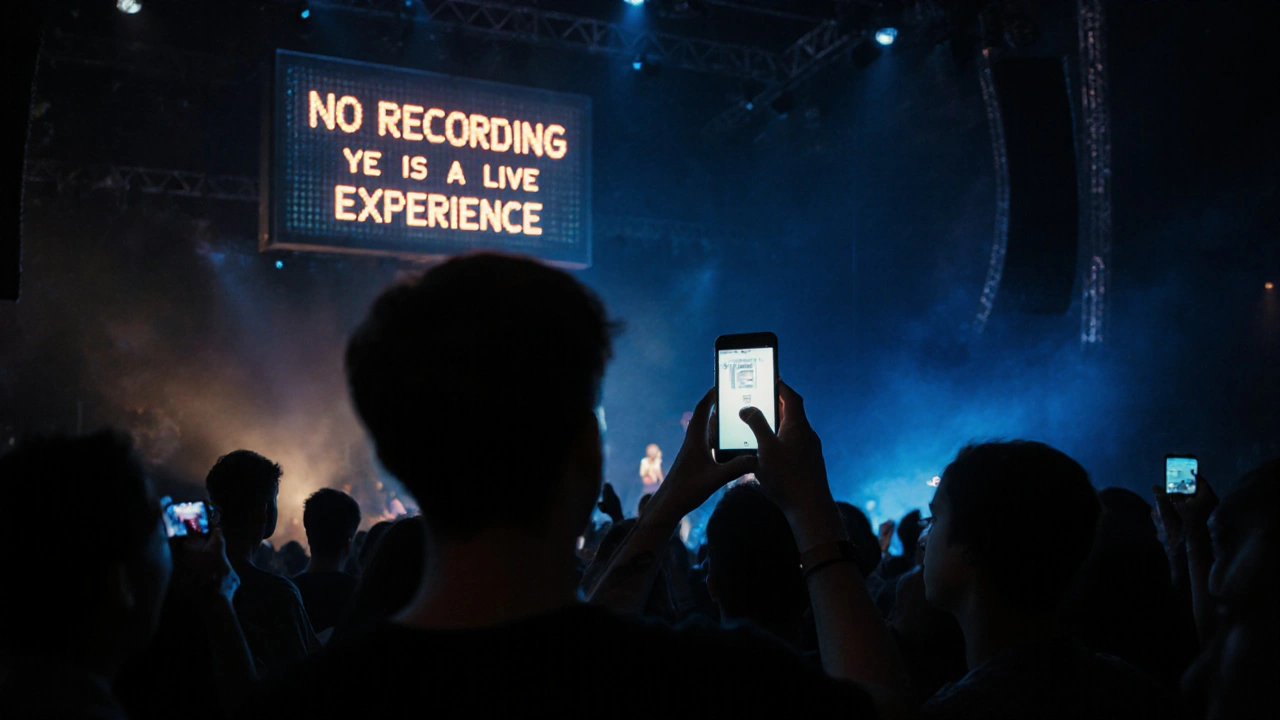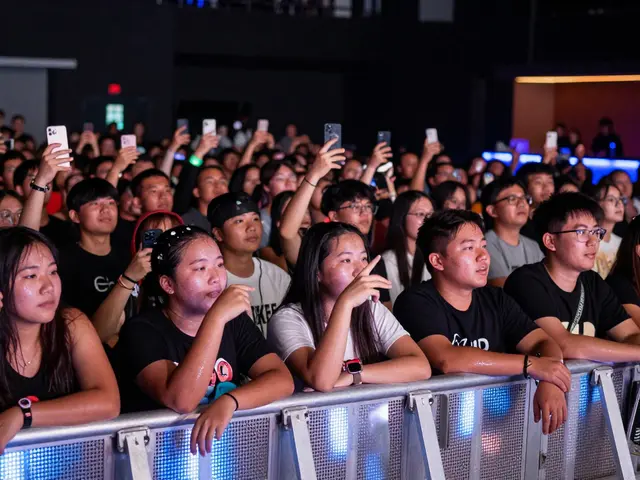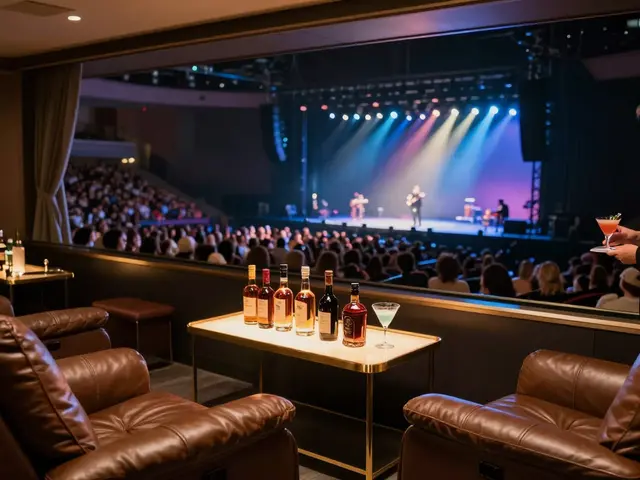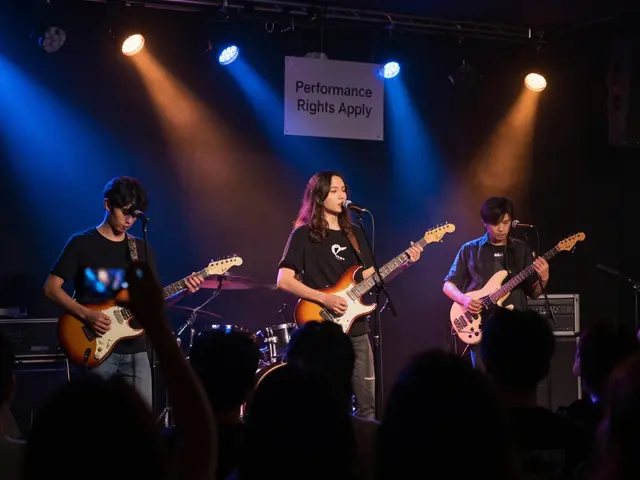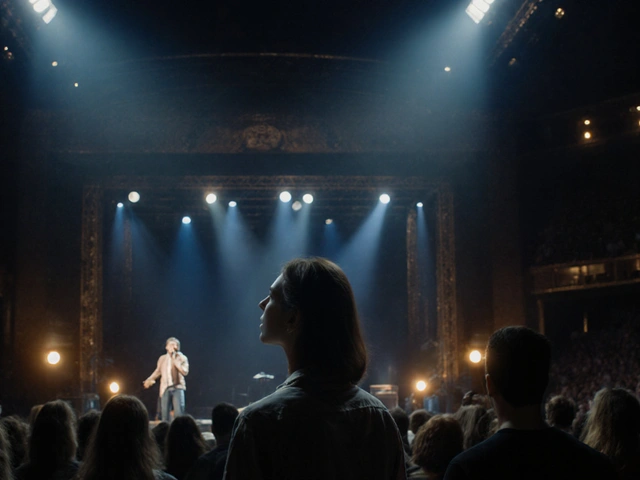Concert Copyright: Who Owns the Music, the Show, and the Rights?
When you attend a live concert, you’re not just watching a performance—you’re witnessing something legally protected. Concert copyright, the legal framework that protects the recording, broadcasting, and distribution of live music performances. Also known as live performance rights, it determines who can record, stream, or sell footage of a show—and who gets paid when they do. This isn’t just about the songs being played. It’s about the arrangement, the stage production, the lighting cues, even the crowd’s energy captured on video. The artist, the venue, the promoter, and the recording company can all have claims—and they often do.
Think about it: if a fan films a full concert on their phone and posts it online, who’s really in the wrong? The fan? Or the label that never gave permission? Music copyright, the protection given to the composition and lyrics of a song belongs to the songwriter or publisher. But the live performance rights, the legal control over how a specific show is recorded or broadcast usually belongs to the artist or their management. In many cases, venues sign agreements that give promoters exclusive rights to record and monetize shows. That’s why you rarely see official full-concert videos on YouTube unless they’re released by the label.
It gets even trickier with festivals. If a band plays at Coachella and someone uploads a clip, the festival organizers might claim rights because they control the venue’s broadcast permissions. Meanwhile, the band’s label could issue a takedown for using the song itself. And don’t forget about soundboard recordings—those high-quality audio files that circulate among fans. Those are almost always illegal unless the artist releases them. Even if you didn’t profit from it, sharing a concert recording without permission can still violate copyright law. It’s not just about money; it’s about control. Artists use these rights to protect their brand, ensure quality, and decide how their work is shared.
That’s why so many posts here dig into the business side of live music. From who owns Pollstar’s data to how Ticketmaster VIP packages are structured, it’s all connected. Concert copyright shapes what you can see, how you can experience it, and even what gets promoted. If you’ve ever wondered why some shows aren’t streamed, why bootlegs disappear, or why some artists block fan recordings, the answer starts here.
Below, you’ll find real-world examples of how this plays out—from the KISS show that broke decibel records to the BTS concert that registered as an earthquake. You’ll see how recording rights, fan behavior, and legal boundaries collide in the live music world. Whether you’re a fan, a creator, or just curious, understanding concert copyright helps you know what’s legal, what’s fair, and what’s just plain off-limits.

